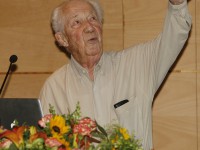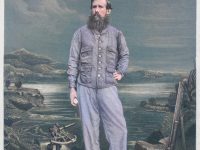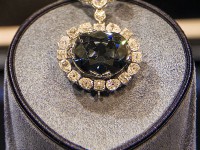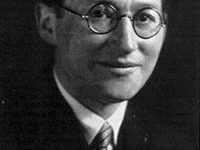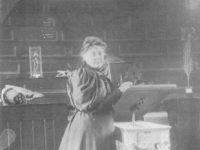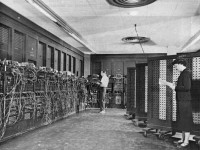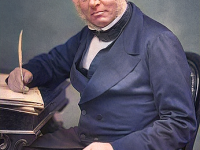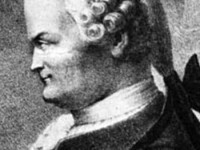Christian de Duve and the Cell Organelles
On October 2, 1917, Belgian cytologist, biochemist and Nobel Laureate Christian de Duve was born. Duve made serendipitous discoveries of two cell organelles, peroxisome and lysosome, for which he shared the Nobel Prize in Physiology or Medicine in 1974 with Albert Claude and George E. Palade. Christian de Duve – Youth and Education Christian de Duve was born as son of Belgian shopkeeper Alphonse de Duve and wife Madeleine Pungs in the…
Read more











